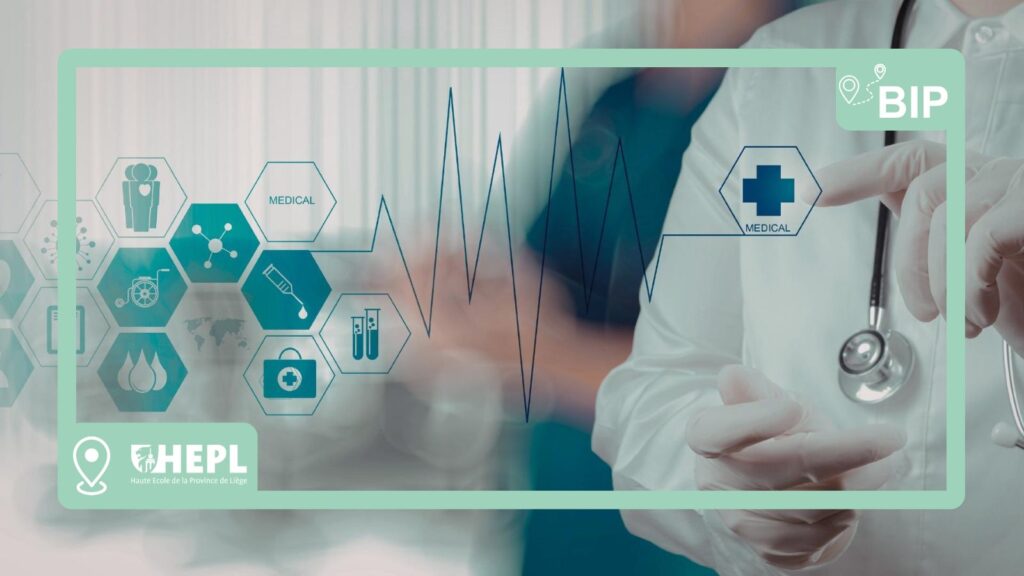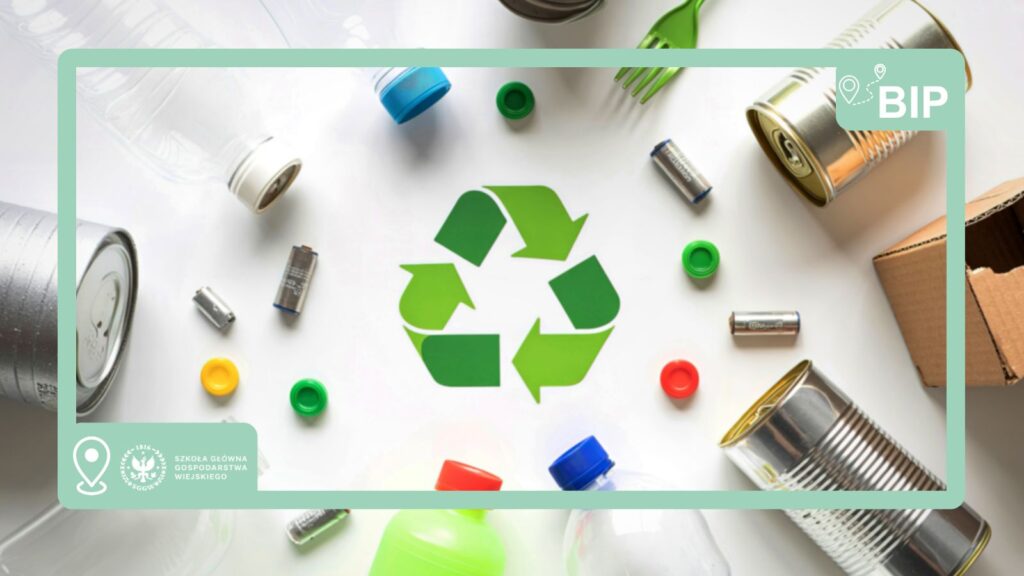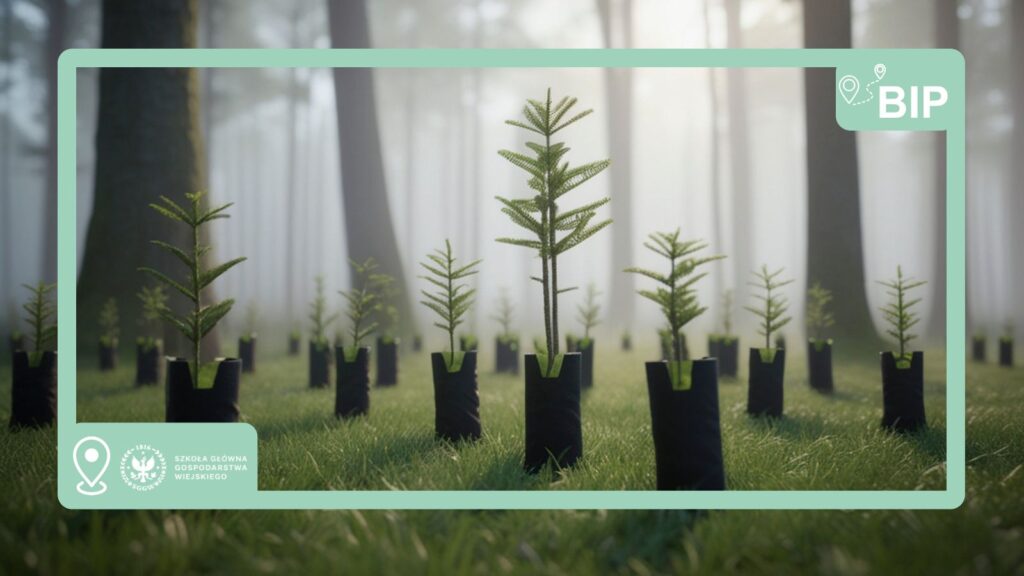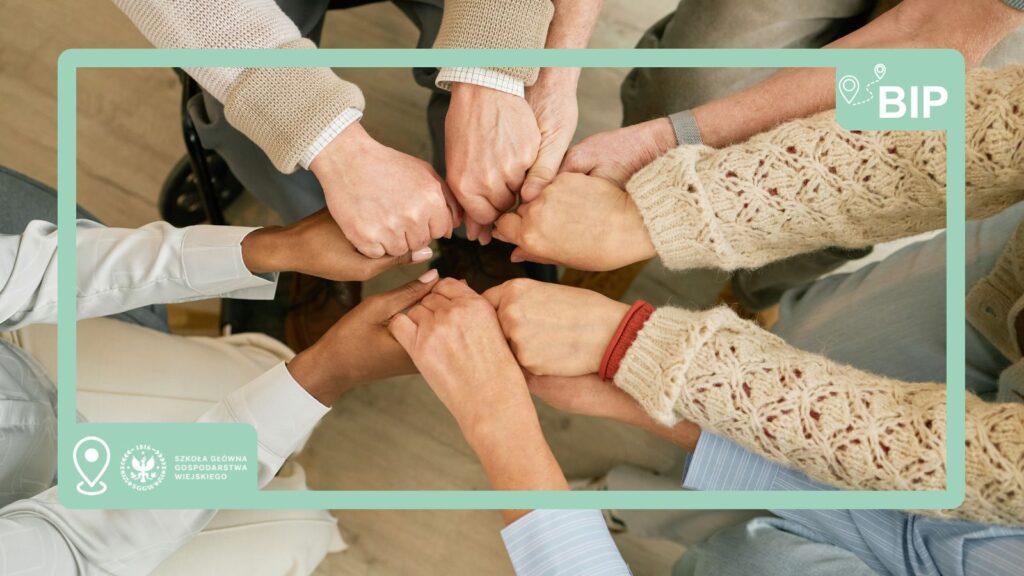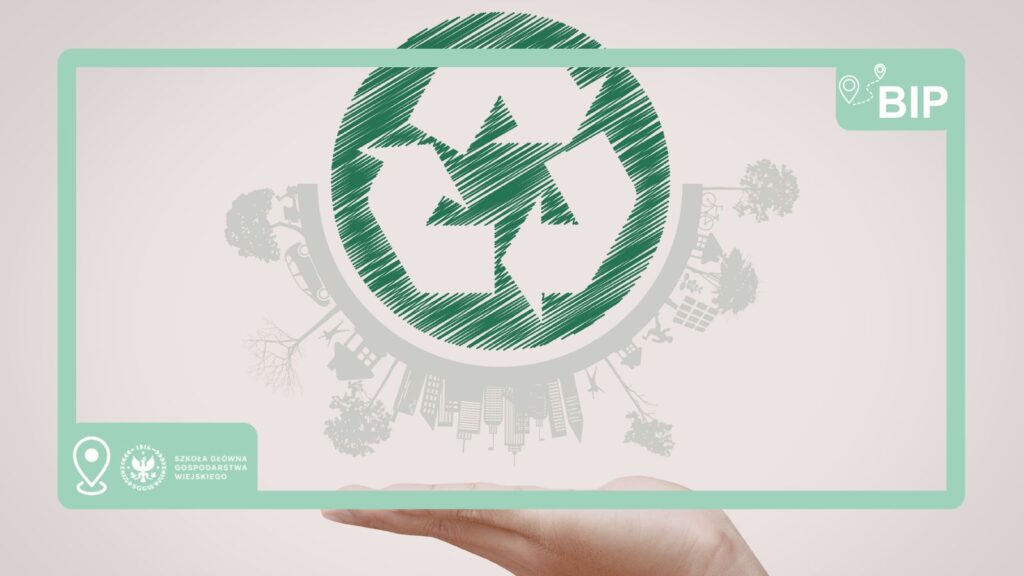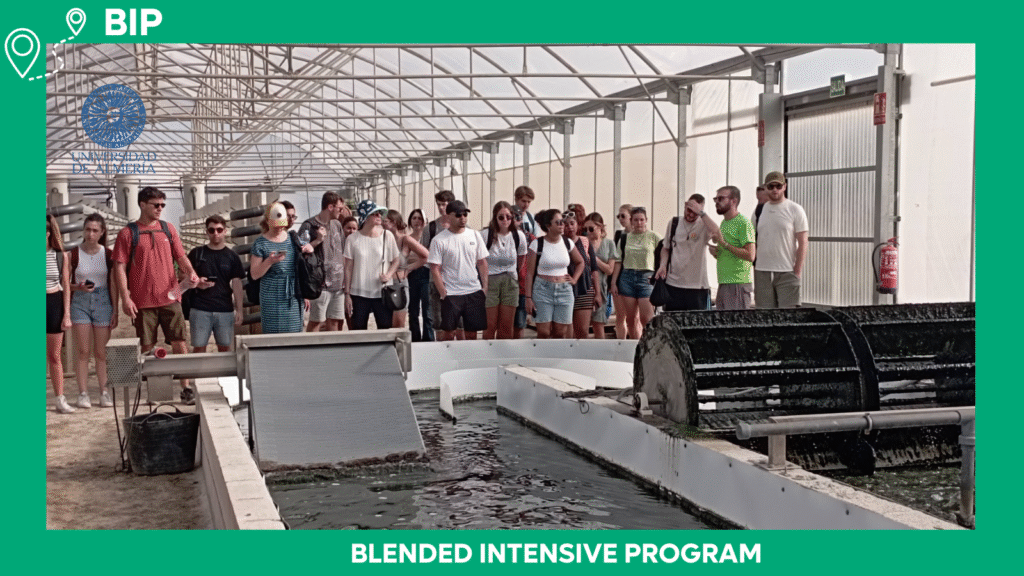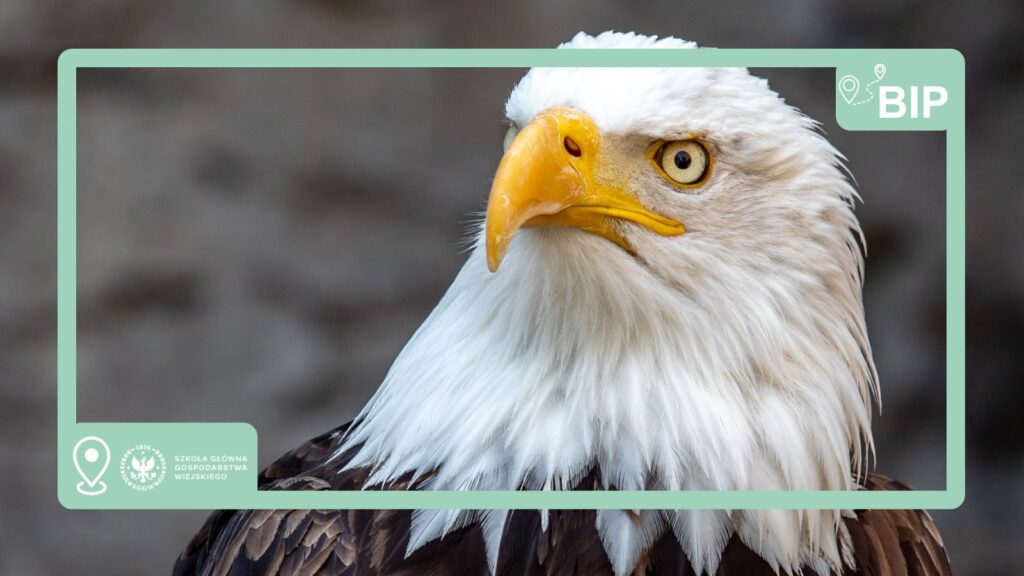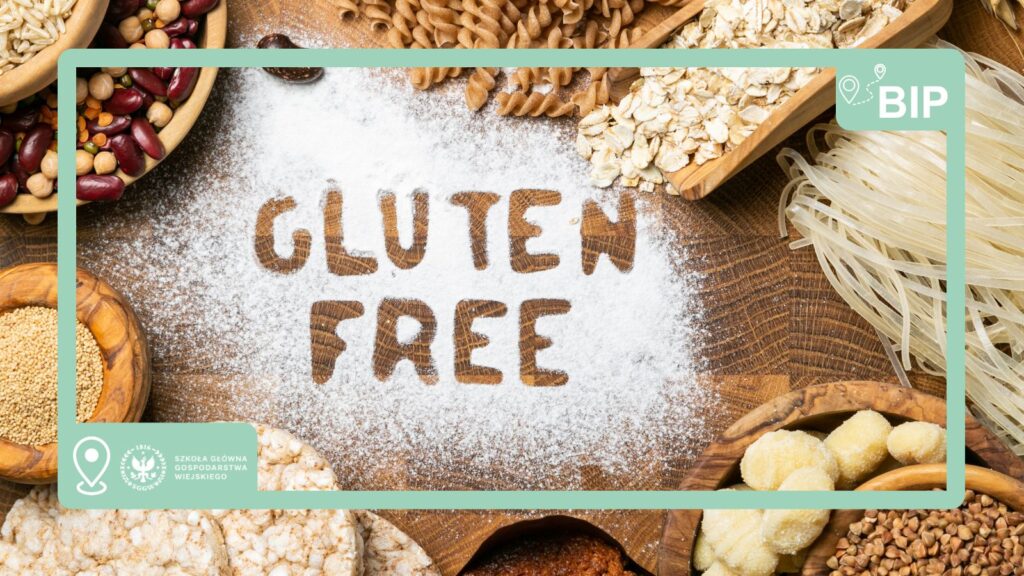Blended Intensive Programmes (BIPs) are short-term, collaborative programmes, such as Summer Schools, designed for students across all study cycles (Bachelor, Master, and PhD).
These programmes provide students with the opportunity to engage in group activities alongside peers from other UNIgreen partner universities. Participants from several UNIgreen partner institutions meet in person at a university city while also taking part in a virtual component. What sets BIPs apart is their co-organisation with at least two universities, with at least one being a UNIgreen partner university.
A minimum of 3 ECTS credits will be awarded to students who complete a BIP.
Designing a Sustainable and Responsible Education Program
From 16 to 20 February 2026 at University-Collège of the Province of Liège (Belgium)
One Health: A Transdisciplinary Vision of Health
From 20 to 24 April 2026 at University-Collège of the Province of Liège (Belgium)
Waste Materials Application in Civil and Environmental Engineering
From 20 to 24 April 2026 at Warsaw University of Life Sciences (Poland)
RE:VIVE Europe: rethinking low-density territories, inspiring big futures
From 27 April to 1st May 2026 at Polytechnic University of Coimbra (Portugal)
Alien Species in Forest Ecology
From 14 to 19 June 2026 at Warsaw University of Life Sciences (Poland)
AgeWise: Science and Society in Ageing
From 15 to 19 June at Warsaw University of Life Sciences (Poland)
Circular Green Nanobiotechnology
From 18 to 24 June 2026 at Warsaw University of Life Sciences (Poland)
Sustainable Biotechnology: Microalgae & Human Food
From 30 June to 9 July 2026 at Warsaw University of Life Sciences (Poland)
Wildlife Conservation and Management in Europe
From 6 to 10 July 2026 at Warsaw University of Life Sciences (Poland)



